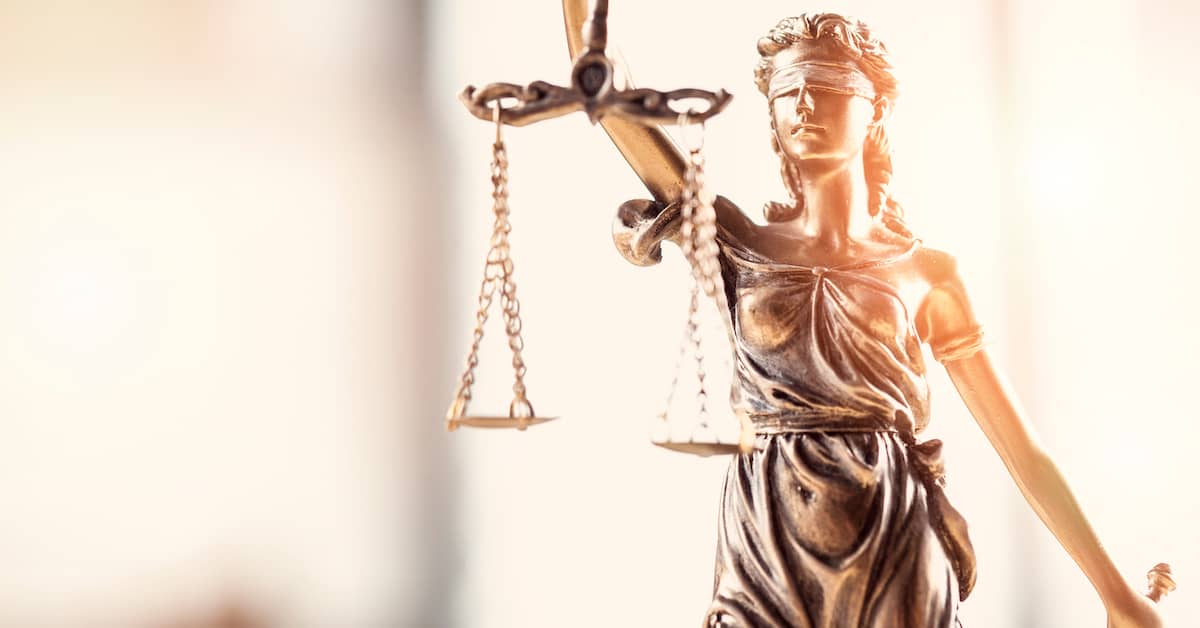Critical Questions About Personal Injury Law
Personal injury law is designed to protect people. The burden of proof lies with the plaintiff in these types of claims. Therefore, it is in your best interest to seek the consultation of an experienced attorney who understands the nuances involved in the wide variety of personal injury cases.
From auto accidents to nursing home abuse and neglect to medical malpractice and more, the attorneys at Colling Gilbert Wright specialize in personal injury law. We have found that many of our clients have similar questions regarding the validity, process, time limits, etc., of their lawsuits.
If you have been injured and feel you have a valid personal injury claim, call Colling Gilbert Wright at (407) 712-7300 for a FREE consultation. We proudly serve clients in Orlando and all of Florida.
What Is Personal Injury Law?
A “personal injury” is any type of injury you may have suffered due to another party’s negligence or failure to act. These injuries could be physical, emotional, or reputational.
“Personal injury law” is a civil action taken against the negligent party to recover compensation for your injuries. As set out in Florida Statutes § 768.81(1)(c), a tort may be pursued “for damages based upon a theory of negligence, strict liability, products liability, professional malpractice…or breach of warranty and like theories.”
There are many types of personal injury for which you could pursue compensation. These include, but are not limited to:
- Car accidents
- Wrongful death
- Medical malpractice
- Premises liability
- Slip & fall incidents
- Construction site accidents
- Nursing home abuse & neglect
Do I Have a Valid Personal Injury Claim?
To pursue a successful personal injury case, you must be able to prove that your injury was caused by a third party’s negligence or wrongdoing. Most personal injury cases involve physical injuries that require extensive medical treatment, but others can be based on non-physical losses and harms. For example, if someone has attacked your professional reputation or invaded your privacy, you may have grounds to file a personal injury lawsuit.
If you suspect you may have a personal injury claim, it is best to consult with an attorney as soon as possible. They can evaluate your claim to ensure it is valid, guide you through the process, provide expertise, and help you pursue just compensation for your injuries.
How Soon After My Injury Should I File a Lawsuit?
Each state has a specific time limit—a “statute of limitations”—governing how long you have to file a personal injury case. The statute of limitations will differ depending on the type of case you bring forward. For example, in the state of Florida, you generally have four years to bring forward a personal injury lawsuit but only two years if it is a medical malpractice case.
It is always in your best interest to pursue your case as soon as possible after your injury occurs since the preservation of evidence is so essential to the success of your claim. Our attorneys need to thoroughly investigate your injury and the circumstances in which it occurred to build a strong case that will prove your claim in court.
What Types of Damages Can I Sue For?
The types of damages that you can sue for in a personal injury case will vary depending on the circumstances. Damages fall into two different categories: compensatory and punitive. Compensatory damages compensate the injured party for the losses they incurred. These damages can be economic or noneconomic.
Economic damages, also referred to as special or actual damages, are quantifiable damages. These are verifiable monetary losses you’ve suffered due to the negligence of another. Some examples of economic damages are:
- Medical expenses
- Rehab or physical therapy
- Medicine & prescriptions
- Mobility aids & home modifications
- Lost wages
- Loss of earning potential
- Property damage
Noneconomic damages, also called general damages, are harder to quantify. These losses are just as valid as economic losses but are more subjective. Examples of non-economic damages include, but are not limited to:
- Pain & suffering
- Loss of enjoyment of life
- Loss of consortium
- Permanent disfigurement
- Impairment
Punitive damages are incredibly rare. These are damages awarded not to compensate the plaintiff for their losses but to punish the defendant for their actions. In addition, they serve to deter others from behaving similarly.
§ 768.72(2) states: “A defendant may be held liable for punitive damages only if the trier of fact, based on clear and convincing evidence, finds that the defendant was personally guilty of intentional misconduct or gross negligence.” Punitive damages in Florida are calculated as either three times the amount of the compensatory damages awarded or $500,000, whichever is greater (§ 768.73(1)).
What Are the Limits on the Compensation I Can Receive?
There are currently no limits on compensatory damages in Florida. Plaintiffs should diligently document all losses and provide proof that those losses resulted from the defendant’s negligence to receive just compensation.
In 2003, Florida limited noneconomic damages in medical malpractice cases to $500,000, or $1 million if there were catastrophic injuries. However, a 2017 ruling in North Broward Hospital District v. Kalitan found that “the cap on noneconomic damages serves no purpose other than to arbitrarily punish the most grievously injured or their surviving family members…”
As stated above, punitive damages have limits at three times the compensatory damages or $500,000. However, the awarding of punitive damages is very rare. According to Cornell Law School’s Legal Information Institute, this type of damages is only applied in about 5% of all verdicts.
What Is Negligence?
Negligence concerns how a “reasonable person” is expected to act in a specific situation. For example, a driver is expected to obey the rules of the road and drive at full attention to avoid putting themselves and other motorists in danger. If they cause an auto accident because they failed to observe these necessary precautions, they can be held liable for damages.
In short, a person is negligent if they have failed to act the way an “ordinary, reasonable person” would have acted in the given situation. Negligence is the foundational issue of most personal injury cases.
What Is Pain and Suffering?
Pain and suffering damages are noneconomic and, therefore, more subjective. They refer to the physical, mental, and emotional discomfort accompanying an injury. This could include:
- Physical pain
- Inconvenience or hardship
- Emotional trauma
- Loss of enjoyment of life
- Disability
Will the Person Who Caused My Injuries Be Punished?
Personal injury cases are civil actions, not criminal actions. Defendants in personal injury lawsuits cannot receive jail terms or criminal fines since there was no malicious intent to harm the plaintiff—merely negligence.
However, punitive damages are available in some rare cases. These damages are designed to punish defendants who behaved recklessly or intentionally against the public’s best interest. The goal of punitive damages is to discourage others from engaging in the same kind of harmful negligence.
How Long Do Most Personal Injury Claims Take?
Nearly every client asks, “How long will my claim take to come to a resolution?” Each personal injury case is unique. There is no way to predict precisely how long your case will take. This depends on the type of claim you are pursuing and the specific elements of the claim itself.
Most personal injury cases will be resolved before they get to trial. According to a 2013 National Center for State Courts (NCSC) study, tort cases took an average of 16 months to resolve. However, it is essential to know that while some claims may conclude in mere weeks, others may take years.
How Do Personal Injury Lawyers Get Paid?
If you have a personal injury claim, it is important to understand that you will not need to pay any money to get started. Your initial consultation is free. We will review your case and establish if you have a valid claim for compensation. If you do, we use a contingency fee agreement. That means you won’t pay any attorney fees unless we successfully resolve the claim on your behalf. No fees unless we win!
Contact an Orlando Personal Injury Attorney
Personal injury law is complex, and each case contains unique elements. When you are trying to recover from an injury, handling the details of a complicated claim can be overwhelming. Consulting an attorney is in your best interest after suffering an injury due to the negligence of another.
If you have questions about your personal injury lawsuit, contact Colling Gilbert Wright in Orlando today for a FREE consultation. Our award-winning attorneys can help you secure the compensation you need to recover from your injuries fully.

 (407) 712-7300
(407) 712-7300































